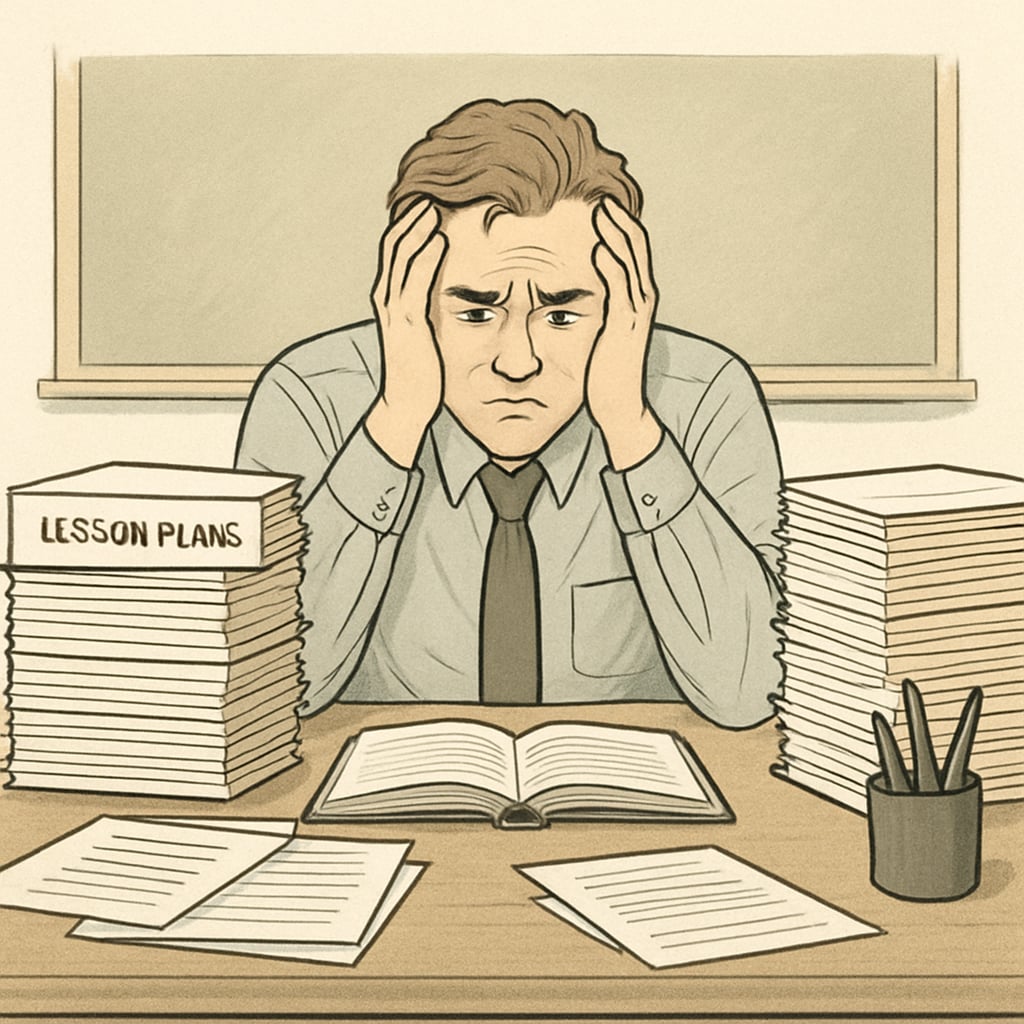In the K-12 education landscape, the role of academic supervisors is critical in fostering a productive and professional teaching environment. However, when teachers encounter unqualified academic supervisors lacking teaching experience and professional expertise, it can lead to significant challenges. These circumstances not only affect the quality of education but also hinder the professional growth of dedicated educators. This article delves into the struggles faced by teachers in such situations while offering actionable strategies to maintain teaching standards.

The Impact of Unqualified Academic Leadership
Academic supervisors play a pivotal role in guiding educators, ensuring curricula are effectively implemented, and maintaining high educational standards. Unfortunately, when these supervisors lack sufficient teaching experience or professional qualifications, their decisions can inadvertently obstruct progress. For example, inexperienced leaders may impose unrealistic expectations or fail to understand the nuanced needs of classroom teaching, creating a disconnect between leadership directives and practical execution.
Such scenarios often leave teachers feeling undervalued and demoralized. A qualified supervisor fosters collaboration and mutual respect, while an unqualified leader may undermine morale and damage the trust necessary for a thriving academic environment.
Real-Life Consequences in the Classroom
A veteran teacher recently shared her experience of working under an academic supervisor who lacked a background in education. This supervisor frequently dismissed the teacher’s suggestions for curriculum adjustments tailored to diverse student needs, instead implementing rigid policies that disrupted the learning process. The teacher noted that her ability to innovate and adapt was stifled, leading to frustration and decreased motivation.

Such issues are not isolated. According to research published by Britannica, effective leadership in education requires a deep understanding of pedagogical methods and the ability to inspire confidence in teaching staff. Without this foundation, academic supervisors risk alienating their teams and compromising educational outcomes.
Strategies for Teachers to Navigate Challenges
Despite the difficulties posed by unqualified academic leadership, there are practical approaches teachers can adopt to preserve the integrity of their work and maintain their professional growth:
- Advocacy for Professional Development: Teachers can recommend training programs for supervisors, emphasizing the importance of leadership rooted in teaching expertise.
- Building Collaborative Networks: Forming alliances with fellow educators provides a supportive space to share strategies and address leadership shortcomings collectively.
- Documenting Concerns: Keeping records of instances where ineffective leadership impacts classroom performance can help substantiate the need for change.
- Engaging with External Resources: Teachers can refer to organizations like Wikipedia’s Education section for guidance on best practices in handling leadership issues.
Implementing these strategies not only helps mitigate immediate challenges but also contributes to long-term improvements in academic leadership dynamics.
Maintaining Professionalism Amid Challenges
While addressing leadership gaps, it is crucial for teachers to maintain professionalism and focus on their core mission: delivering quality education to students. This involves upholding high teaching standards, adapting to constraints, and finding creative solutions within the confines of leadership limitations. By doing so, educators can continue to inspire their students and foster a positive learning environment, even when facing obstacles.
In conclusion, the presence of unqualified academic supervisors in K-12 education highlights the importance of leadership rooted in professional expertise. Teachers must balance their frustrations with proactive strategies to ensure their work remains impactful and student-focused. Through collaboration, advocacy, and resilience, educators can overcome these hurdles and contribute to lasting improvements in academic leadership.
Readability guidance: This article uses short paragraphs to ensure clarity and accessibility. Lists and actionable tips provide practical advice, while overuse of passive voice and complex sentences has been avoided.


